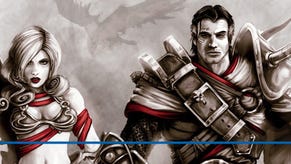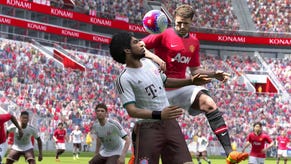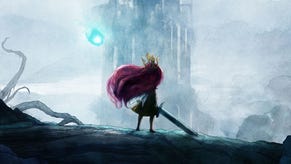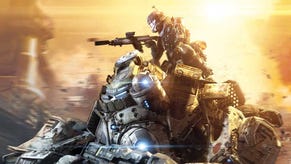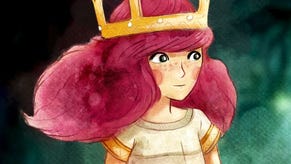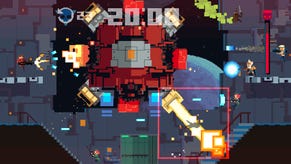Child of Light Devs Become a Core Team at Ubisoft
Ubisoft finds value in making games off the beaten AAA path.
This article first appeared on USgamer, a partner publication of VG247. Some content, such as this article, has been migrated to VG247 for posterity after USgamer's closure - but it has not been edited or further vetted by the VG247 team.
At the beginning of this year, Ubisoft threw its considerable weight behind a few downloadable titles with a more "creative" feel to them. Child of Light and Valiant Hearts were two games created in Ubisoft's UbiArt Framework, the same engine that powered Rayman Legends. Both titles were personal projects of successful leads from large Ubisoft titles. Both games were very odd to see from Ubisoft.
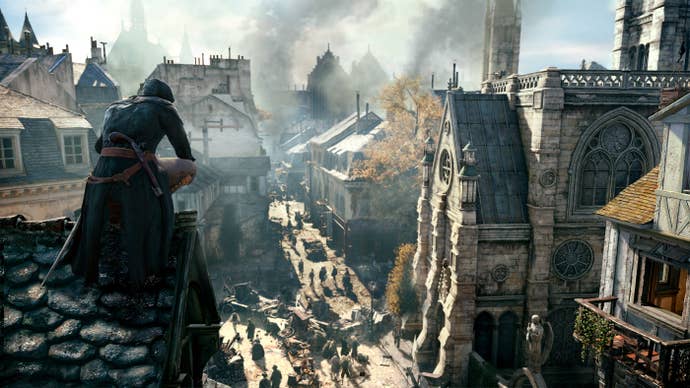
I like Ubisoft. The company does good work and its gotten very good at building very big AAA titles in a short period of time. Part of that expertise comes from its shared studio system: Ubisoft has around 25 production studios worldwide, many of whom work in tandem on the publisher's biggest games. For the upcoming Assassin's Creed Unity, Ubisoft Montreal is leading development with help from Ubisoft studios in Toronto, Kiev, Singapore, Shanghai, Annecy, Montpellier, Bucharest, Quebec, and Chengdu. Far Cry 4 is the work of Ubisoft Montreal, Ubisoft Kiev, Ubisoft Red Storm, Ubisoft Shanghai, and Ubisoft Toronto.
Ubisoft games are not shy about sharing features either. When one game perfects an idea, the feature can be used in other titles were appropriate. That's how Far Cry 3's hunting system ended up inside of Assassin's Creed IV: Black Flag, or how Splinter Cell: Blacklist's stealth mechanics have influenced Assassin's Creed Unity. I call it the Machine, a giant juggernaut of development effort built to create good AAA titles. Other publishers like EA and Activision are getting closer to this model, but no one does it like Ubisoft.
So within this machine, seeing smaller titles like Child of Light and Valiant Hearts was odd. Luckily, Ubisoft seems to know a good thing when it sees it. In an interview with CVG, Ubisoft Montreal vice president of creative Lionel Raynaud said that the Child of Light team has become a core team within the studio. That means these smaller, more creative titles aren't a one-off.
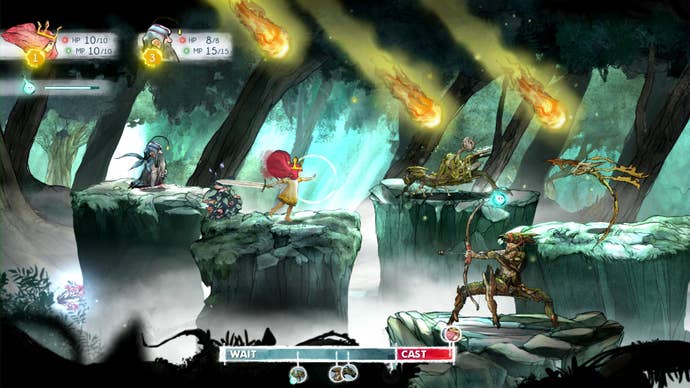
"We were proud to deliver something new and unique - a lot of people were surprised that Montreal was delivering this kind of game," Raynaud told CVG. "The team learned a lot about RPG mechanics during development and this has resulted in us creating a core team. The people who made this game now want to work together again, whether it's on a small game or not. This dynamic has incredible value in the industry and it's what we want to do: we want to create core teams that want to make great games."
The initiative that created Child of Light, a unique one at larger publishers, is also something that will be continuing on. For Ubisoft, it represents a win-win: talented lead developers don't have to leave Ubisoft and start their own studios, they can just keep their project in house. If it works out, new core team; if it doesn't, those developers move back into the Machine.
"I think it's super interesting to create this rhythm in the careers of creative guys, allowing them to work on triple-A games and then do something different and then maybe go back," said Ubisoft Montreal CEO Yannis Mallat. "It's not something I will ever impose, but if our proven creatives feel they want to do something personal then it's great to consider that."
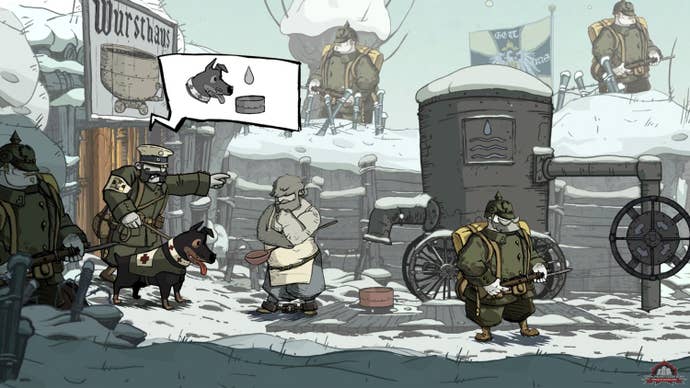
"So yes, we will encourage other initiatives like Child of Light and there's a chance that we will have many more games like that in the future," Raynaud added. "I already have many different projects that are in the pitch stage - I even had one in my office this morning, which was super exciting."
Not only does it mean that there's great new ideas on the table, but there also remains the chance that some Ubisoft staples could return in smaller, downloadable form. Prince of Persia has been on hold since once-spinoff Assassin's Creed stole its thunder, but under this new system, we could see a new 2D Prince of Persia. Maybe more Might & Magic titles, another From Dust, or even a XIII sequel could be on the table.
Building indie-likes within a larger studio culture is such a great idea that I'm surprised it hasn't happened more often. Why not let your best and brightest build creative projects as a way to cool off after a big AAA game?


